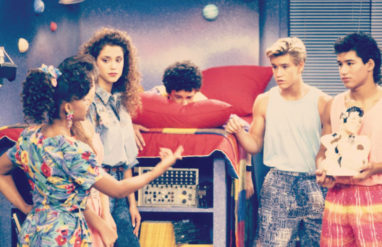Even celebs get these wrong ...
Idioms are great … until they’re not. When properly used, these sayings can pepper our speech with personality and color our conversations. While they don’t translate literally, their meaning is usually well understood—if they’re used correctly.
When idioms are misused, quite a bit can be lost in translation, leaving the audience scratching their heads. A gaffe between friends is one thing, but what about when the whole world is listening?
One New Year’s Eve, former President Barack Obama slipped up when he said if people thought any government spending cuts wouldn’t be coming with tax increases, “then they’ve got another thing coming.” The thing is … that’s not the correct way to say that idiom!
Scroll through for the right way to say that idiom as well as some of the other most common misused idioms. Have you ever gotten these wrong?



























